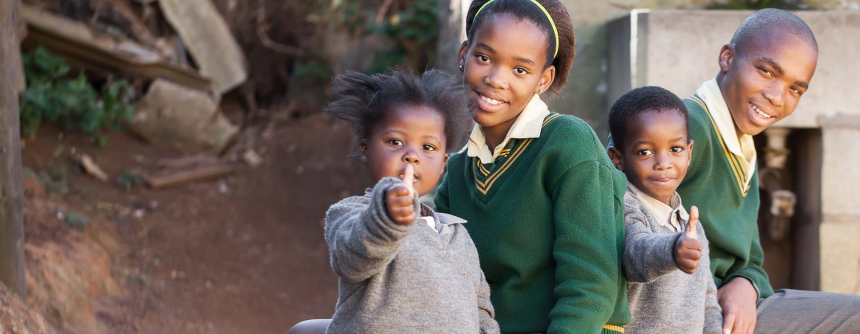Widows and widowers often face significant challenges after the loss of their spouse. Without a partner to provide for them, many find themselves struggling to make ends meet and to provide for themselves and their families. That is why the provision of livelihood support to widows and widowers is essential.
Widows and widowers face numerous obstacles to maintaining a stable and adequate standard of living. For instance, they may be denied inheritance rights, struggle to access essential resources, or face social stigma, which can prevent them from finding employment or starting a business. These challenges can be exacerbated by poverty, poor health, or disabilities, making it even more difficult for widows and widowers to support themselves and their families.
However, by providing livelihood support, we can help to empower widows and widowers, giving them the tools and resources they need to support themselves and their families. There are a variety of different approaches that can be taken to support the livelihoods of widows and widowers, including:
- Financial support – this may include cash transfers, loans, or other financial instruments that can help widows and widowers to start a business or generate income.
- Skills training – by providing training and education, widows and widowers can develop the skills they need to enter the workforce or start a business.
- Networking opportunities – connecting widows and widowers with one another, as well as with potential employers or business partners, can help to provide a supportive network that can aid in their efforts to support themselves and their families.
- Legal support – many widows and widowers face legal obstacles that prevent them from accessing essential resources or claiming their inheritance. By providing legal support, NGOs and other organizations can help to remove these barriers, giving widows and widowers the tools they need to support themselves and their families.
By providing livelihood support, we can empower widows and widowers, giving them the tools and resources they need to support themselves and their families. This can help to reduce poverty, improve health and well-being, and provide a sense of stability and security for widows and widowers.
In conclusion, by providing livelihood support to widows and widowers, NGOs and other organizations can play a vital role in helping these individuals to overcome the challenges they face. By providing financial support, skills training, networking opportunities, and legal support, organizations can help to empower widows and widowers, giving them the tools they need to support themselves and their families.


Leave a Reply